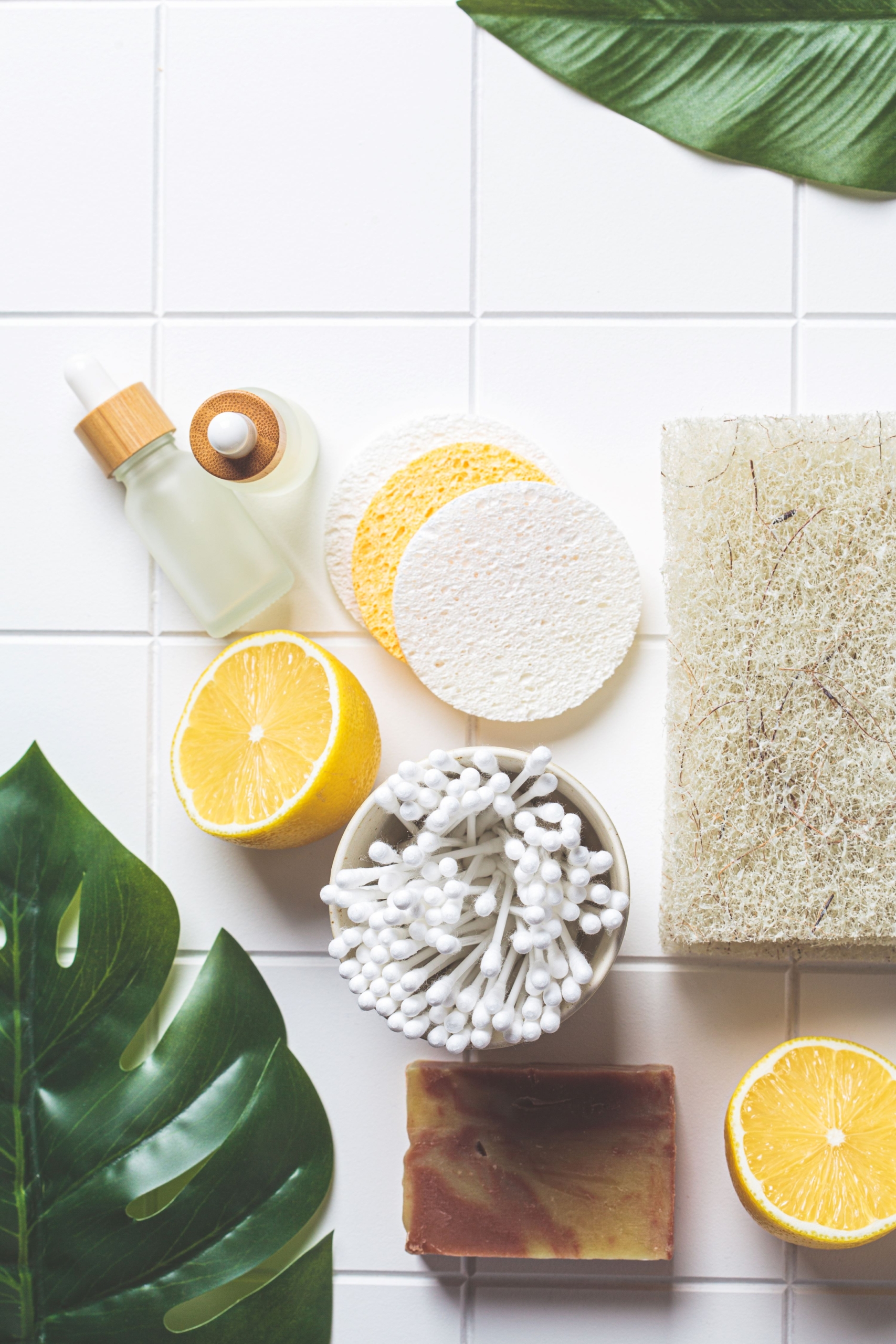What Is Itchy Skin?
During menopause, some women may experience itchy skin, also known as pruritus. Itchy skin refers to a sensation of discomfort that prompts the urge to scratch. This symptom can occur on various parts of the body and may range from mild to severe. Hormonal changes during menopause, particularly the decline in estrogen levels, can contribute to alterations in the skin’s moisture balance, leading to dryness and itchiness.

What causes Itchy Skin?
Estrogen, a hormone that fluctuates significantly during menopause, plays a crucial role in maintaining the skin’s health and hydration. It helps to promote collagen production, enhance skin elasticity, and regulate the secretion of natural oils that keep the skin moisturized. As estrogen levels decrease, the skin may become less hydrated, resulting in dryness, flakiness, and a heightened risk of itchiness.
Moreover, estrogen also influences the production of histamine, a chemical released by the body in response to allergens or irritants. Reduced estrogen levels may lead to increased histamine release, making the skin more reactive to external triggers and potentially causing itching.
Hot flashes and night sweats, common menopause symptoms, can also contribute to itchy skin. Sweating during hot flashes can deplete the skin’s moisture, further exacerbating dryness and itchiness.
Additionally, other factors like stress, changes in skincare routine, and environmental factors can worsen itchy skin during menopause.


How to Stop Itchy Skin
Apply moisturizers daily to help maintain the skin’s hydration and alleviate dryness. Opt for fragrance-free and hypoallergenic products to minimize the risk of irritation.
Use lukewarm water instead of hot water while bathing or showering. Hot water can strip the skin of natural oils and exacerbate dryness.
Use mild and gentle cleansers that do not contain harsh chemicals or fragrances.
Choose soft, breathable fabrics for clothing, such as cotton, to reduce friction and irritation on the skin.
Applying cool compresses to itchy areas can provide temporary relief from itching.
As tempting as it may be, try to avoid scratching the itchy areas, as this can lead to further irritation and potential skin damage.
Include foods rich in essential fatty acids, antioxidants, and vitamin E to support skin health.
Drink plenty of water to maintain overall hydration and support healthy skin.
Use a humidifier in your living space to add moisture to the air and prevent dryness.
Bioidentical Hormone Replacement Therapy (BHRT) may help balance estrogen levels and alleviate menopause-related skin changes, including itchiness.
Want help with your Itchy Skin?
Click here to learn more about your options with the Healthy Hormone Club

